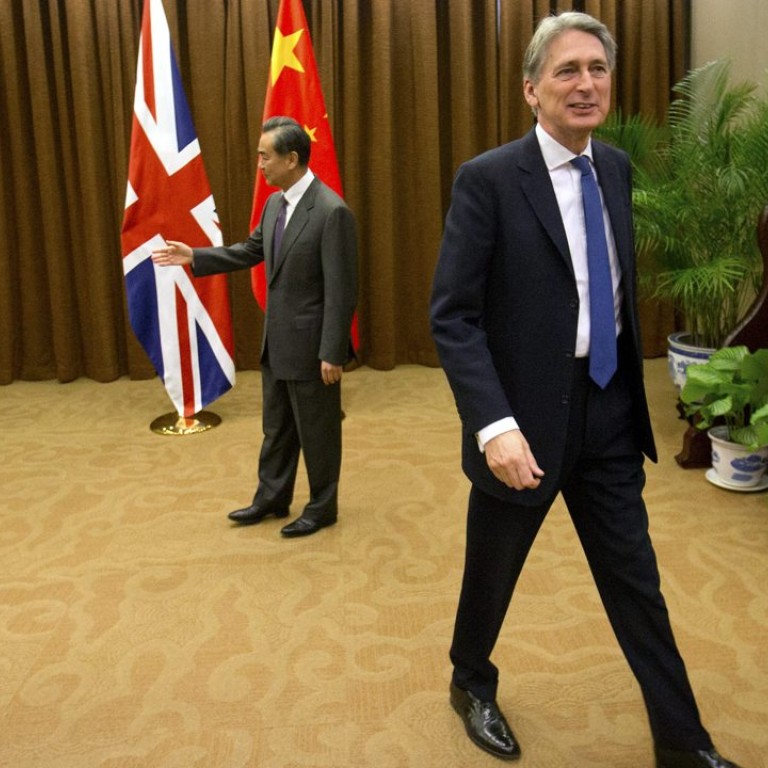
UK is walking away from its responsibility to Hong Kong
Andrew Collinson says Britain’s relative silence on the matter of the five missing booksellers highlights an evasion of its obligations under the Sino-British Joint Declaration
The ongoing saga of the five booksellers who disappeared from Hong Kong in suspicious circumstances is a plot worthy of a cold-war spy novel. Recent revelations – notably the confirmation that Lee Po is on the mainland, and the bizarre appearance of the hitherto missing Gui Minhai on state television – continue to intrigue and alarm.
As relations between Hong Kong and the mainland grow more fractious, many Hong Kong lawmakers and the media have concluded that blame for the damage to “one country, two systems” lies squarely at Beijing’s door. Meanwhile, the other signatory of the Sino-British Joint Declaration, the United Kingdom, is silently getting away with evading its legal and moral obligations to Hong Kong.
READ MORE: Hong Kong is no longer important – Missing booksellers case proves we have become insignificant in Beijing’s eyes
Britain’s retreat from its responsibilities is a familiar pattern. In the past 18 months alone, London has refused to challenge Beijing’s announcement that it only intended to permit prescreened candidates to run in the 2017 chief executive election. In December 2014, China denied a delegation of British parliamentarians entry into Hong Kong, a provocative snub that was met with minimal condemnation from the prime minister. And, during the umbrella movement protests, Britain was conspicuously silent.

A cursory look at the British Foreign and Commonwealth Office website lists 22 current policy concerns. Incredibly, Hong Kong, and more specifically Britain’s signature of the joint declaration, is not one of them. By contrast, piracy in Somalia, climate change and the Falkland Islanders’ right to self-determination – to name just three – are all listed as current British foreign policy concerns.
If neither signatory of the joint declaration is prepared to enforce the law, is it still worth the paper it’s written on?
The serial abdication of responsibilities to the people of Hong Kong by the British government prompts an uncomfortable question: if neither signatory of the joint declaration is prepared to enforce or follow the law, is it still worth the paper it’s written on?
In the high-stakes poker game that is the future of Hong Kong and its people, in 1984, both signatories held a roughly equal hand. Thirty years later, Britain is cowering, with a full hand of cards in clear view for the world to see. There is an ace – the fundamental rule of law – but the British player is too blinded by the glittering gold on the table to see it, let alone use it.

The saga of the five booksellers is an apt metaphor for Hong Kong’s own legal limbo and indeterminate future. More than seven million Hongkongers are paying the price for Britain’s unwillingness to enforce the joint declaration. China is, at least, increasingly transparent about its intent to bring Hong Kong under greater control. Britain, by contrast, preaches the value of democracy and the rule of law to the world, yet falls silent when challenges to freedom occur in a region it formerly governed for over 150 years.
READ MORE: Wife of ‘missing’ Hong Kong bookseller Lee Po reunited with husband in ‘secret’ meeting in mainland China
As well as a full explanation for the disappearances of the five booksellers, Hongkongers should demand an answer to a further question: when will the British be challenged on their hypocrisy and stop shirking their promises to Hong Kong?
Andrew Collinson is a British writer based in Hong Kong
